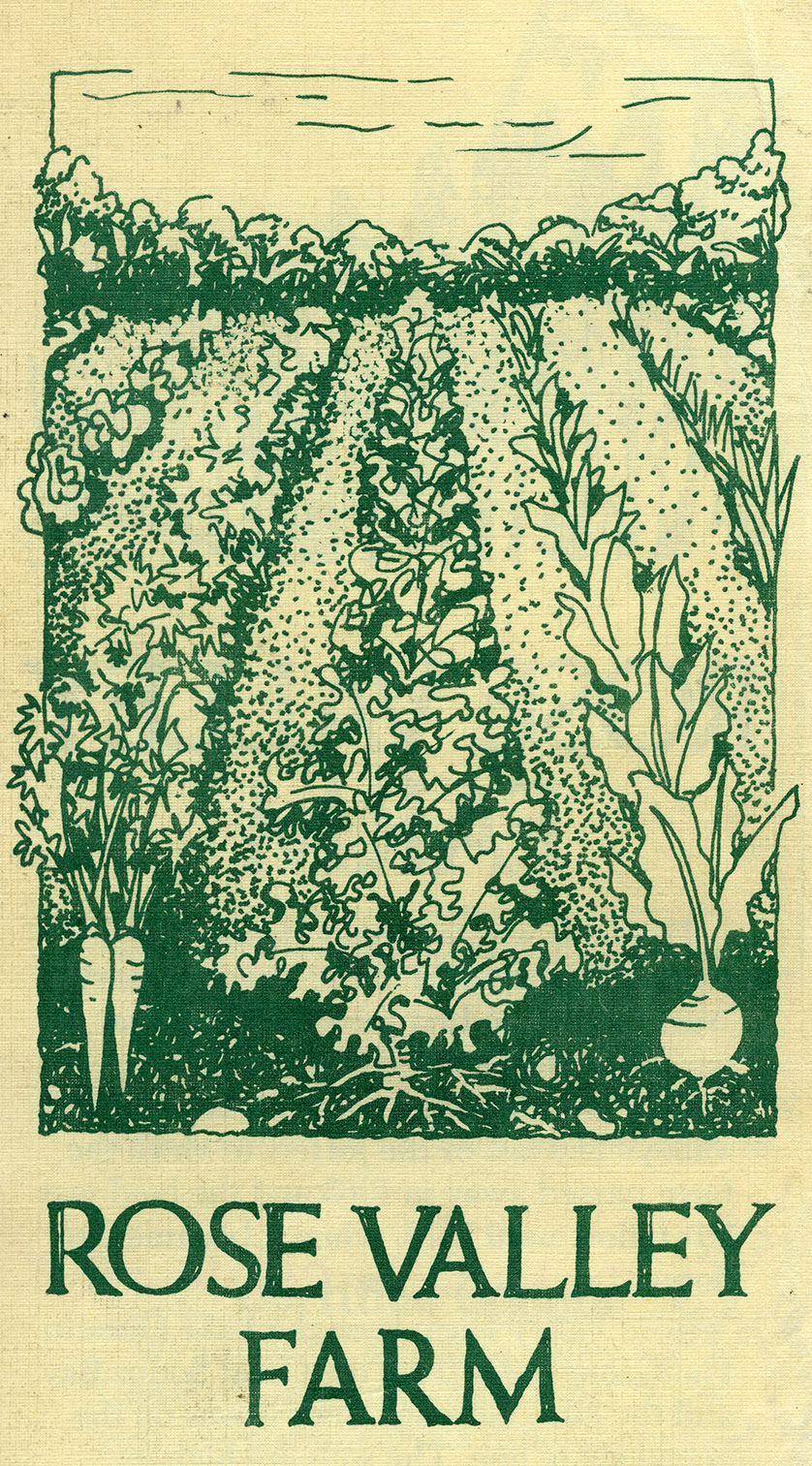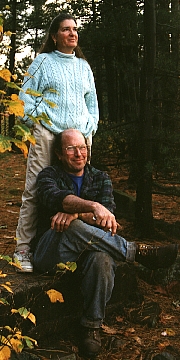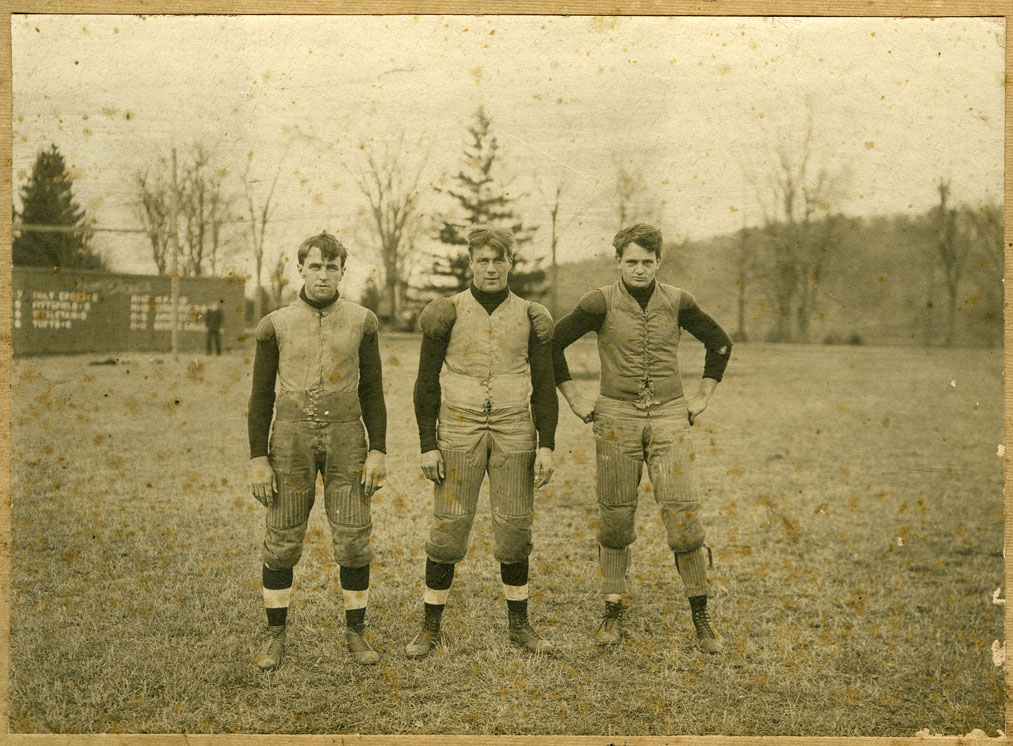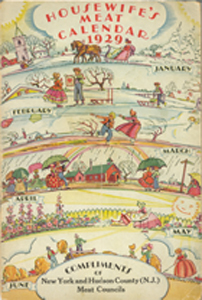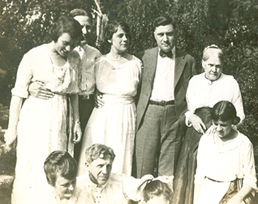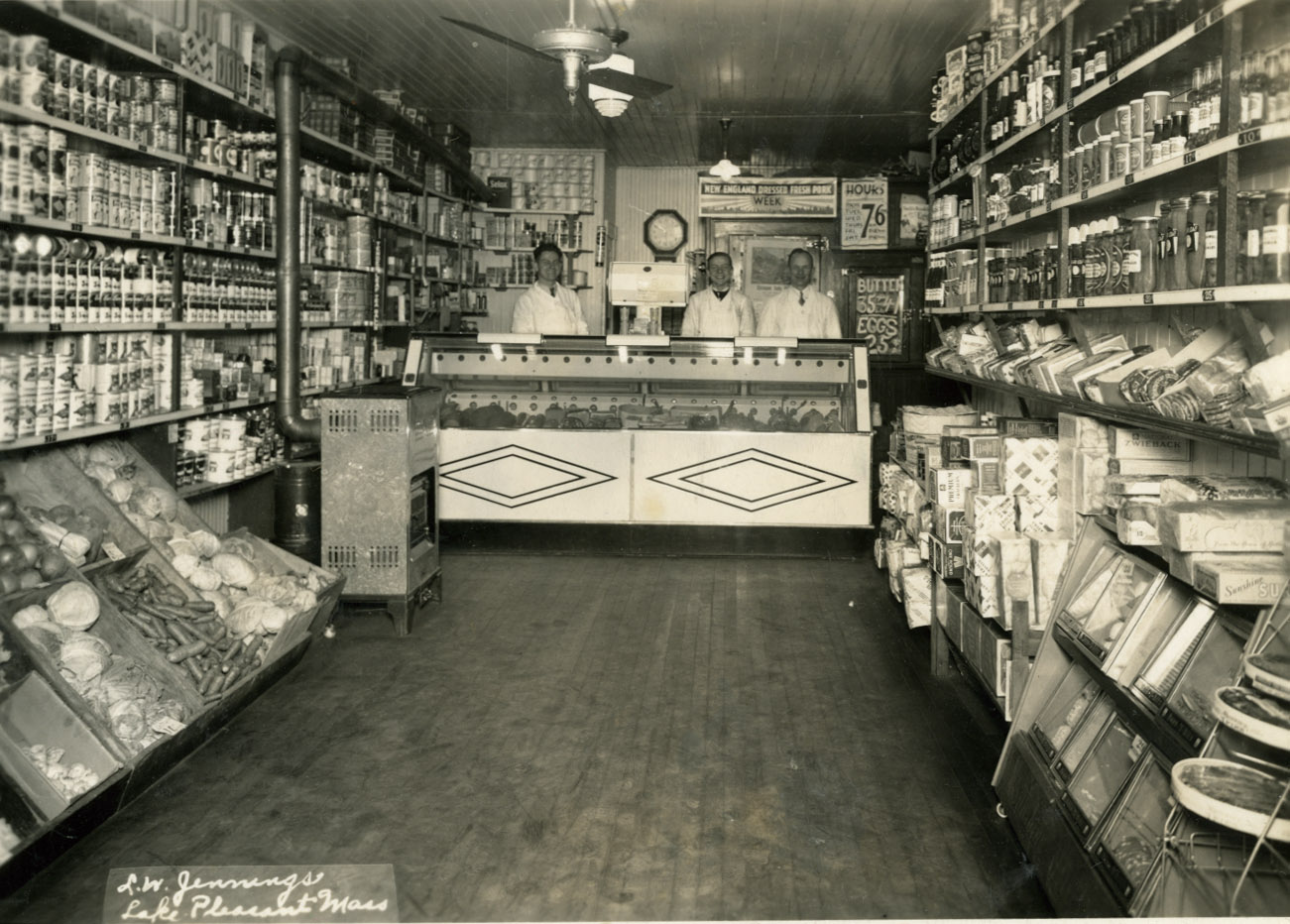Ward Morehouse Papers
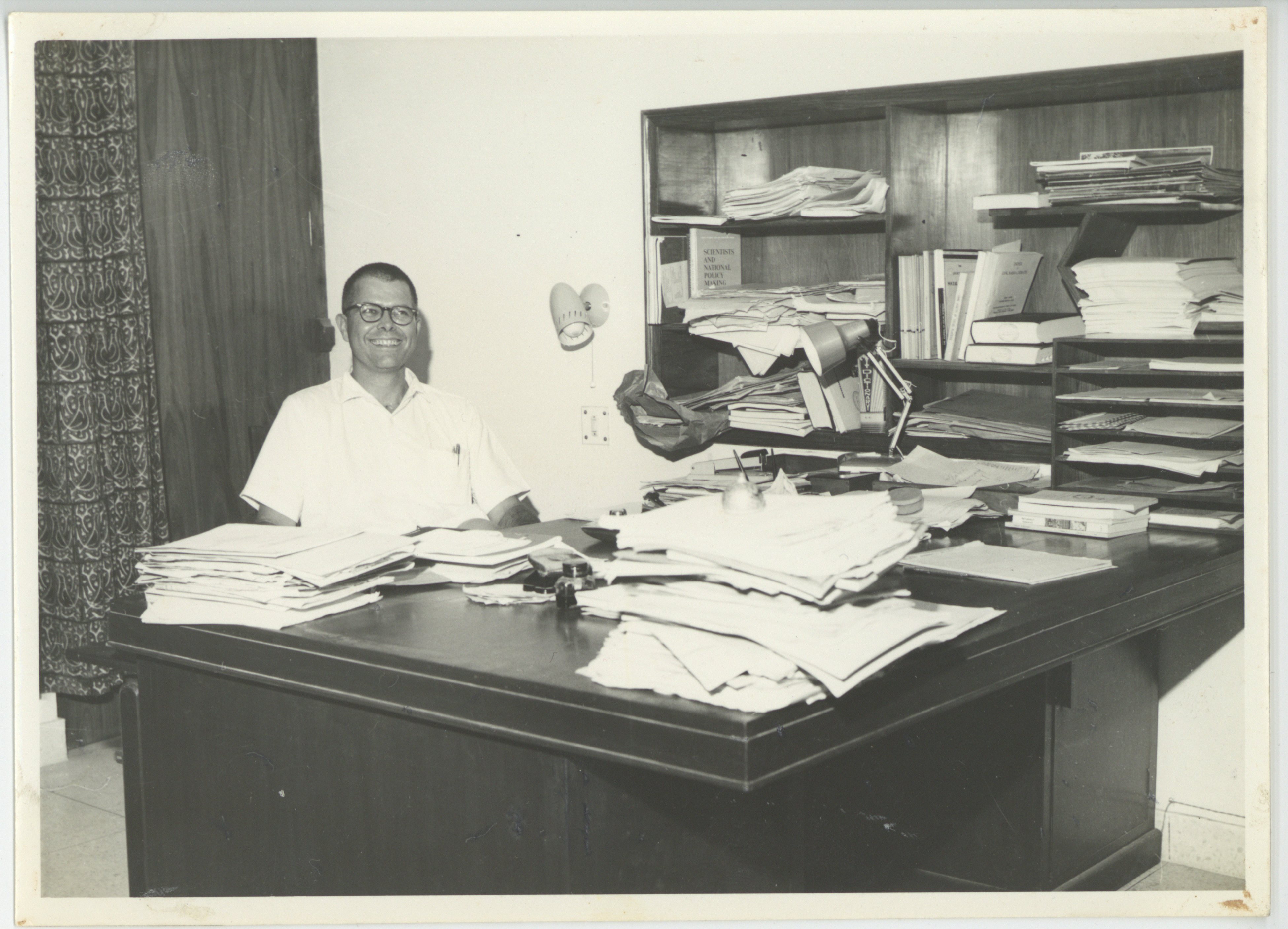
A writer, educator, and activist for human rights and social justice, Ward Morehouse was a prominent critic of corporate power and globalization. Raised in a family of progressive political economists and academics in Wisconsin, Morehouse began his research in international political economy while a student at Yale (BA 1950, MA 1953) and embarked on a standard academic career path. After teaching political science at New York University for a time, he became director of international education at the Center for International and Comparative Studies in 1963, building a particularly strong program in India. However in 1976, conservative opposition to his political views led Morehouse to leave for a new post as president of the Council on International and Public Affairs (CIPA), a human rights organization he had helped found twenty years before. Throughout, he remained an activist at heart. Galvanized by the 1984 industrial disaster in Bhopal, India, he organized the International Campaign for Justice in Bhopal, and went on to form or work with many other organizations seeking to resist corporate power and build democracy, including the Program on Corporations, Law and Democracy (POCLAD) and the Permanent People’s Tribunal, operating the radical Apex Press. Morehouse died in June 2012 at the age of 83.
The Morehouse collection is a massive archive documenting six decades of research, writing, and activism. A prolific writer and editor, Morehouse left a deep record of his activities, his research and writing on corporate power, and the full breadth of his commitments in labor relations, alternative economics, “people’s law,” and peace.

